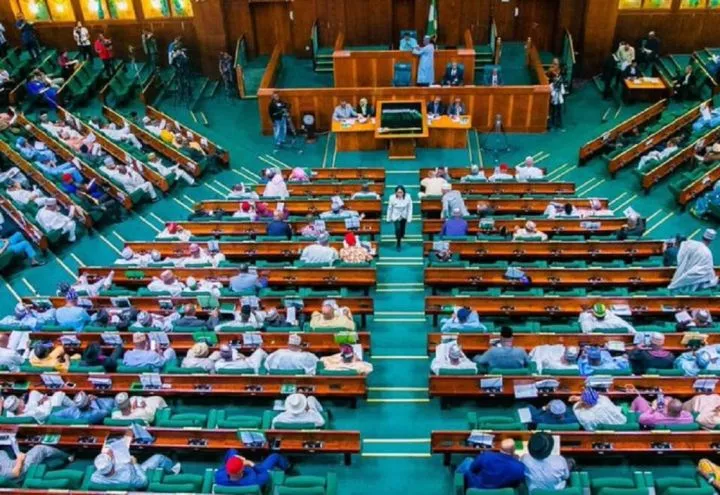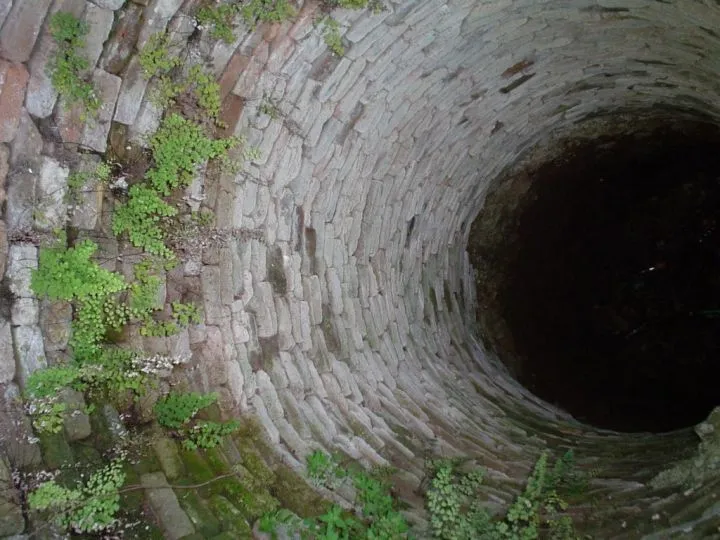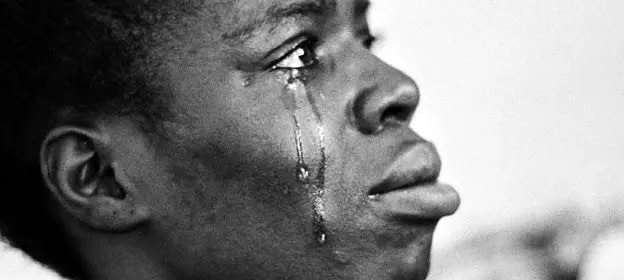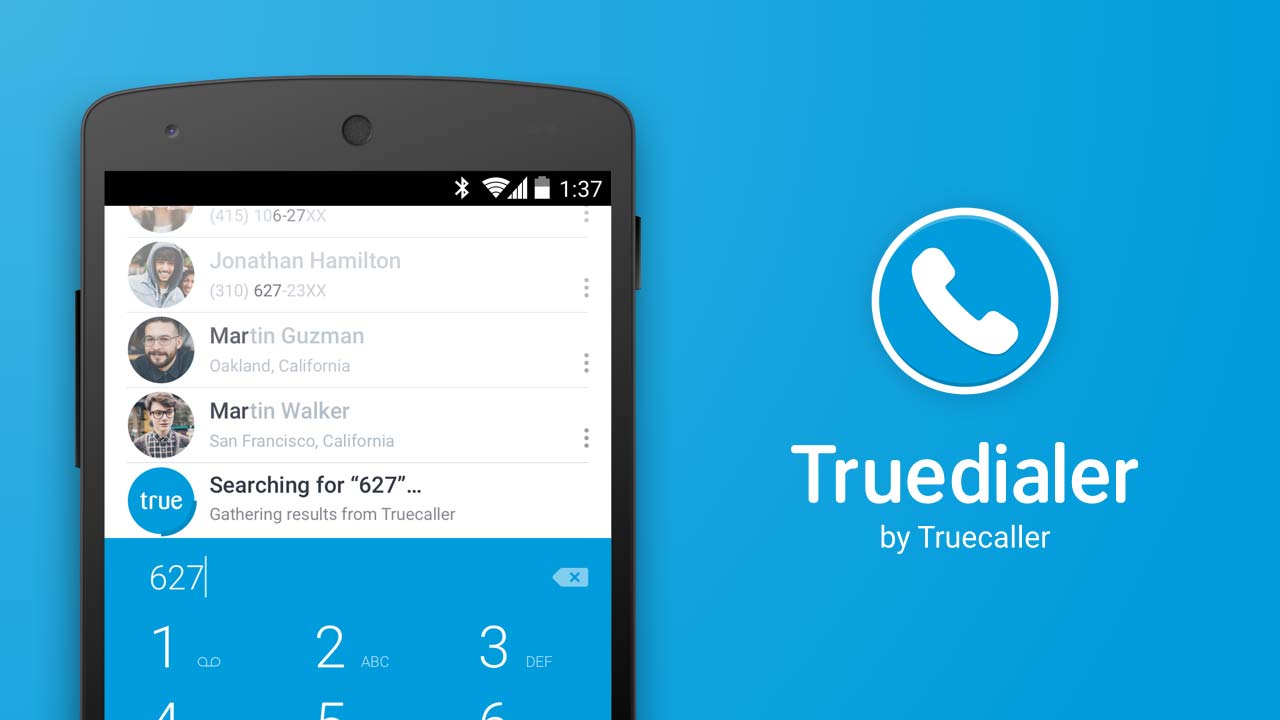
The recent move by the House of Representatives to bar public officials from using private healthcare and education facilities has ignited fresh arguments about the propriety of such development.
Nigerians, particularly the ordinary masses, have been crying over the continued decay and abandonment of health facilities as well as educational institutions in Nigeria by those charged with the responsibility of putting them on the right track.
At various times, some public institutions of higher learning, like universities and polytechnics, have been referred to as glorified secondary schools by some experts because they lack the basic facilities that should qualify them to be universities and polytechnics.
Similar incidents have happened to public hospitals and health centres, as they have also been referred to at various times by experts as mortuaries because instead of saving lives, they hasten the transition of many to the world beyond.
Analysts have argued that the situation has persisted because those who should fix these institutions and bring them to standard don't use them. They prefer private health and education facilities for themselves, their children, and relatives, both within and outside Nigeria, because they can afford the costs, while millions who can't access these private institutions are left to their fate.
Hundreds of millions of naira have been budgeted yearly for the health and education sectors in Nigeria, but at the end of the day, the money ends up in the private pockets of individual public officers. They embezzle the funds and allow these sectors to continue bleeding while they either travel abroad for medical help or visit the best private health facilities in Nigeria. They also send their children abroad for education or to the best private educational institutions in Nigeria. Meanwhile, millions of Nigerians who can't afford these luxuries are left to suffer. Nigerians have been crying over the situation and calling on the lawmakers to pass a law that would ban any public officer from using private health or educational facilities.
The argument in some quarters is that once such a law comes into effect, they would be forced to fix the health and education sectors since their children and loved ones would all be subjected to their services.
Perhaps as a response to such public outcry, the House of Representatives last week introduced a bill seeking to bar public officials and their families from using private healthcare facilities and sending their children to private schools in Nigeria or outside Nigeria.
The bill was sponsored by the member representing Isiukwuato/Umunnechi Federal Constituency of Abia State, Amobi Ogah. Titled: 'Private Institutions and Healthcare Service Providers (Prohibition) Bill, 2025 (HB.2487),' he said the proposed legislation is aimed at improving the standard and integrity of public health and education facilities in the country.
He explained that the penchant by public officials to patronise private health and education facilities for themselves and their immediate families has led to the neglect of public hospitals and schools.
According to him, the bill intends to prohibit all public and civil servants, including their immediate family members, from patronising private schools and healthcare services in order to avoid conflict of interest, maintain public trust, and ensure high uncompromised standards and integrity of these public institutions.
"The penchant for patronising private educational institutions and healthcare services was alien to our democrats of old, but today it has become an unwholesome trend for both public and civil servants to seek private educational institutions and medical care for themselves and their family members to the detriment of the economy of our country.
"In 2024, Nigeria allocated a total of N1.336 trillion to healthcare in the 2024 budget, which is a far cry from the estimated N1.6 trillion or over $1 billion spent annually on medical treatments abroad.
"Nigerians also spent at least $29.29 billion on foreign medical expenses during the eight years of late Muhammadu Buhari's administration. In education, Nigeria spent $38.17 million on foreign education expenses between January and March 2024, while in 2023, a whopping $218.87 million was equally spent on education by Nigerians."
The lawmaker added that "the time for us all to tell ourselves the truth is now. We can no longer continue to inflict serious damage to the psyche of Nigerians. The time to be patriotic is now. If we have started the removal of petroleum subsidies, we must also enforce this bill to prohibit the patronage of private schools and healthcare services by public and civil servants.
"Due to the patronage of private schools and healthcare facilities, our institutions of learning and medical care have become a shadow of themselves, with little or no infrastructural development and fallen standards of services.
"We must, of necessity, restore confidence in our government institutions, like public schools and government hospitals, thereby promoting the image of our country in the comity of nations.
"It does not speak well of our country that our presidents and notable government functionaries are seen to be going abroad for medical treatment and even dying in the process. This bill intends to put a stop to all this medical and educational tourism among public and civil servants."
Reacting to the proposed legislation, a Lagos lawyer, Cosmas Udengs, commended the sponsor and urged the lawmakers to give it accelerated hearing and passage. He noted that successive administrations have destroyed both the health and education sectors, lamenting that the situation has placed a heavy burden on most households that cannot afford the costs of private education or healthcare.
"The most painful aspect of all these is that the generation that is destroying the education and health sector is the same generation that enjoyed free education and healthcare in this country.
"I was told that there was a time when the Saudi royal families came to Nigeria to seek medical services. Today, the reverse is the case. Leaders in Nigeria no longer have confidence in the country's health and education sectors because they have been bastardised. Nigerian leaders, including the president, would jet out of the country to treat ailments as minor as malaria, wasting the country's resources.
"It is the same thing when it comes to education. Students end up spending seven or even eight years for a four-year course of study because of incessant strikes by teachers and lecturers. And instead of addressing the lingering problem and fixing them, our leaders would prefer to send their children and wards to schools abroad, abandoning the children of the poor to their fate.
"So, I agree with the lawmaker who initiated the bill that with such a legislation in place, political leaders, public and civil servants, would all do their job by fixing these sectors since they would be affected.
"For instance, the minister of education or heads of educational and health institutions, such as universities, polytechnics, teaching hospitals, general hospitals, and medical centres, among others, will not squander the budget meant to fix such institutions and bring them to world standards when they know that they themselves and their households would be using them.
"They would do everything possible to make sure that they offer the best of service that is obtainable anywhere in the world. That way, the poor masses will also benefit and maybe, just maybe, they can also be affordable by the ordinary persons," he stated.
However, there is an argument in certain quarters that the law might be going to the extreme as it could infringe on the fundamental rights of individuals. Those who hold such views are saying that a private man who had all his children schooling abroad or in private schools in Nigeria before taking up a public appointment may not find the law easy to obey because already his children were in private schools.
A leading voice on this divide is a businessman, Tony Curtis. He said that the law is good but it should be made in such a way that those who already have their wards in private schools before taking up public jobs are protected.
"Yes, I support the proposed bill but they must remember that some people no longer have confidence in public schools. So, they send their children to private schools in Nigeria and abroad.
"Assuming a man who is rich and already has his children in private schools abroad or in Nigeria suddenly got appointed as a minister, commissioner, or even director-general of one of the government's agencies, are you going to ask him to withdraw his children from private to public school?
"Are you also going to ask such a man not to use private hospitals because he is now a public official? I mean, the lawmakers should treat the bill with utmost caution," he said.
But those who support the proposed bill 100 percent are also arguing that any private man who would not respect such a law should not even bother accepting any government appointment. A strong advocate of this position is a teacher in one of the private secondary schools in Lagos, Dele Onsanya.
He said: "If you already have your children in private schools and you know it will be hard for you to withdraw them and send them to public school, don't accept any government offer. In a similar way, if you can't make use of public hospitals, don't get anywhere near public service. Let those who can undertake this sacrifice be the ones to fill up such government appointments. For goodness' sake, let us do something desirable and honourable for once. Let us toe this path and see if we can salvage the health and education sector in Nigeria."
















Comments